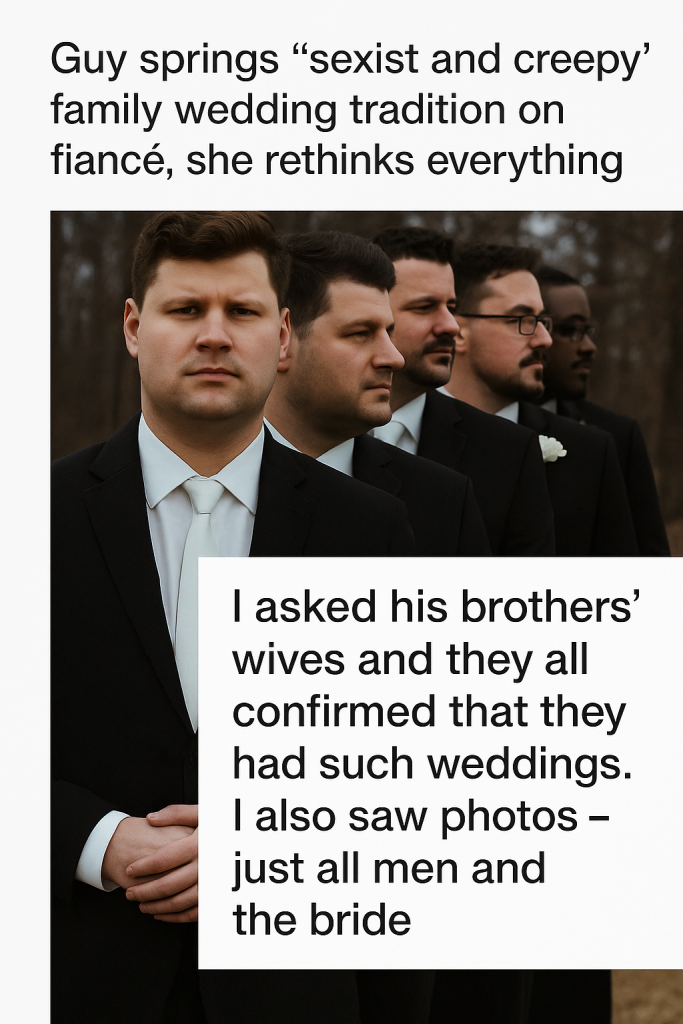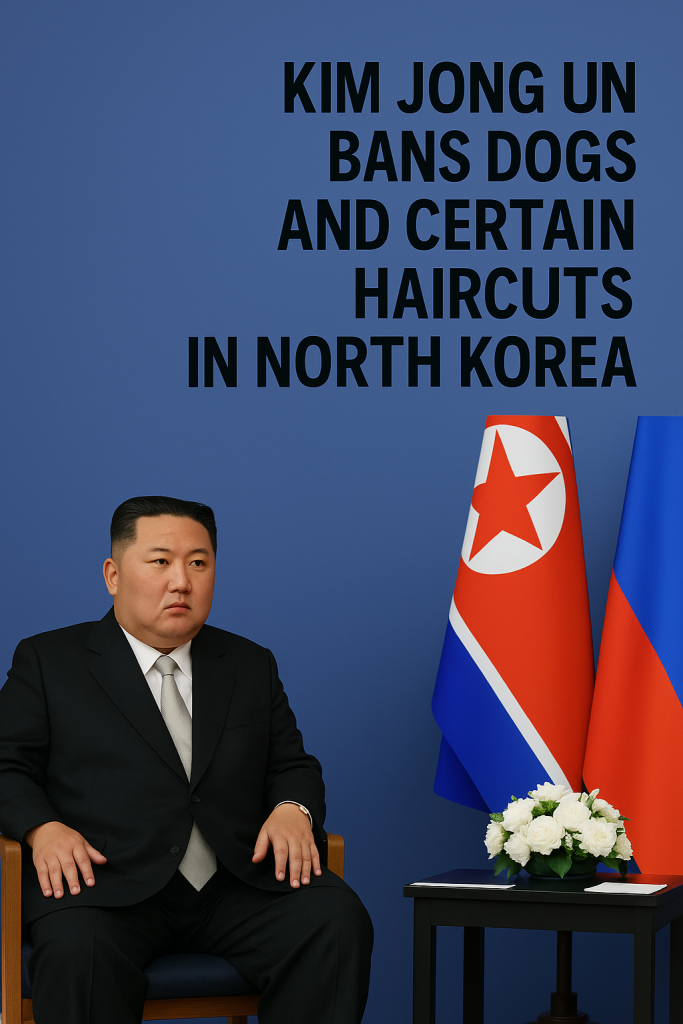A wedding engagement, typically a time filled with joy and anticipation, recently took a surprising turn when a man revealed a longstanding family wedding tradition to his fiancée — a custom she found to be both sexist and creepy. The disclosure has sparked widespread discussion about outdated cultural practices and their impact on modern relationships.
The couple, who had been planning their big day, seemed happy and aligned until the groom-to-be casually mentioned a peculiar ritual his family expected at the wedding. Intrigued yet uneasy, the fiancée sought confirmation and further details by reaching out to the wives of his brothers. To her dismay, they all validated her concerns, confirming that the tradition was indeed followed in previous weddings, and was far from harmless.
What is the tradition? While specific details vary within families, the ritual reportedly involves practices that objectify women and reduce their autonomy under the guise of “family honor” and maintaining long-established ceremonies. Many described it as an uncomfortable choreography that places the bride in a submissive, almost ornamental role — a stark contrast to modern ideals of equality and partnership.
Upon learning this, the fiancée experienced a profound shift — she began to rethink not only the wedding plans but also the dynamics of the relationship and the role that such traditions play in perpetuating gender stereotypes. “It felt like stepping back into a time where women were expected to conform silently,” she reportedly shared, expressing that the revelation made her question how much influence family customs should have over her personal choices.
The groom, on the other hand, explained that he had never openly discussed the tradition with his fiancée, as he grew up accepting it as normal. “It wasn’t until she asked and pushed for details that I realized it could be hurtful or outdated,” he said, highlighting a common generational gap in understanding cultural practices.
This incident has ignited a broader conversation on social media, with many users weighing in on the importance of transparency between partners about family expectations. Others have used the story as a springboard to discuss how certain wedding traditions across various cultures continue to enforce roles that many now find unacceptable.
Experts in relationship counseling emphasize that couples should openly discuss any family customs before finalizing plans to avoid surprises that can cause conflict or discomfort. “Weddings are about unity and respect,” one therapist noted. “If a custom undermines those values, it’s important to reconsider or adapt the tradition.”
Meanwhile, the couple is reportedly reconsidering how to honor family heritage in a way that aligns with their values. They are exploring options to create new traditions that celebrate equality and mutual respect, rather than perpetuating outdated expectations.
This story serves as a reminder that behind the joyful celebrations lie complex family histories and cultural practices that may not always resonate with every generation. Navigating these sensitively can be crucial for couples seeking to build inclusive and respectful partnerships.
As weddings continue to evolve, conversations like these highlight the growing demand for ceremonies that reflect contemporary values while respecting personal boundaries — an important step towards fostering relationships built on true equality.



